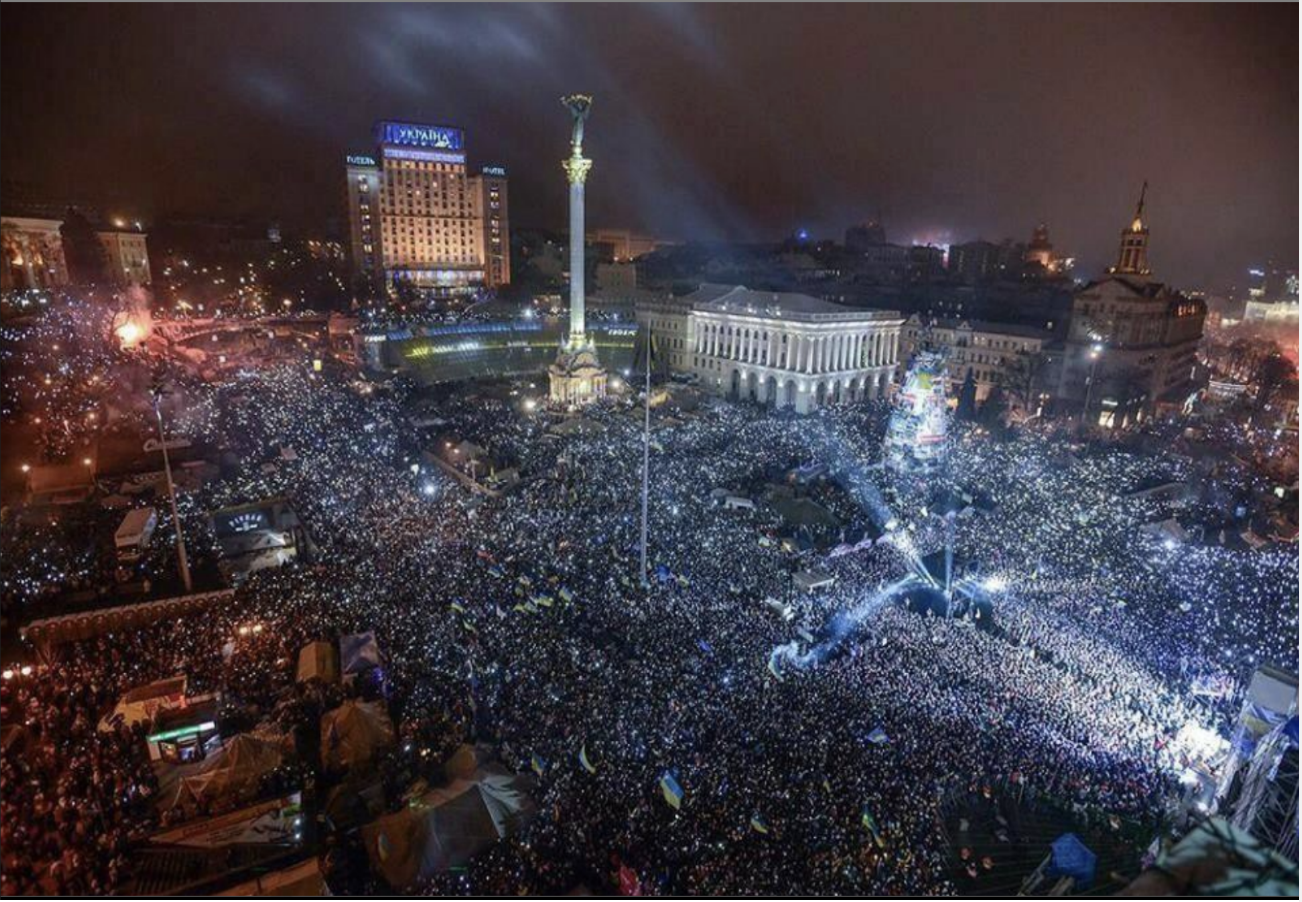2023 Webinar Series
Memories are as ubiquitous as the air we breathe, more influential than we realize, and often quite messy.
As individuals, our memories of youth can shape how we feel about ourselves well into adulthood – for better or worse. At national levels, historic sites, monuments, and government entities use memory to deepen our understanding of our place in the world – but also frequently distort it. Nothing about memory is easy, and yet when deployed truthfully and thoughtfully, nothing is a more powerful catalyst for positive social change.
In 2023, the International Coalition of Sites of Conscience, is dedicating its monthly Conscience Matters webinar series to parsing out exactly how memory is best served. Each session will dive into the role memory plays in an urgent, contemporary discussion in the fields of human rights and social justice – drawing on the experiences of survivors, scholars, practitioners, and, most of all, Sites of Conscience who for over twenty years have functioned as laboratories designed to find the most effective, ethical, and equitable uses of memory.
Topics explored will include how to identify and counter attempts to inaccurately distort cultural or collective memory, particularly during conflict; the complicated relationship between nostalgia, national sentiment, and historic facts; the power and politics of personal stories; the limits of memory; and strategies for rethinking how cultural organizations can have a more holistic and representative approach to the topic.
Each session will be an hour – typically held on the third Thursday of each month – and is free and open to the public. Approximately a week later, we will hold a 20-30 minute Webinar Short, also free and open to the public, that will generally offer a more practical, tool-based look into a particular aspect of that month’s longer webinar. Please check back regularly as webinars are added frequently.
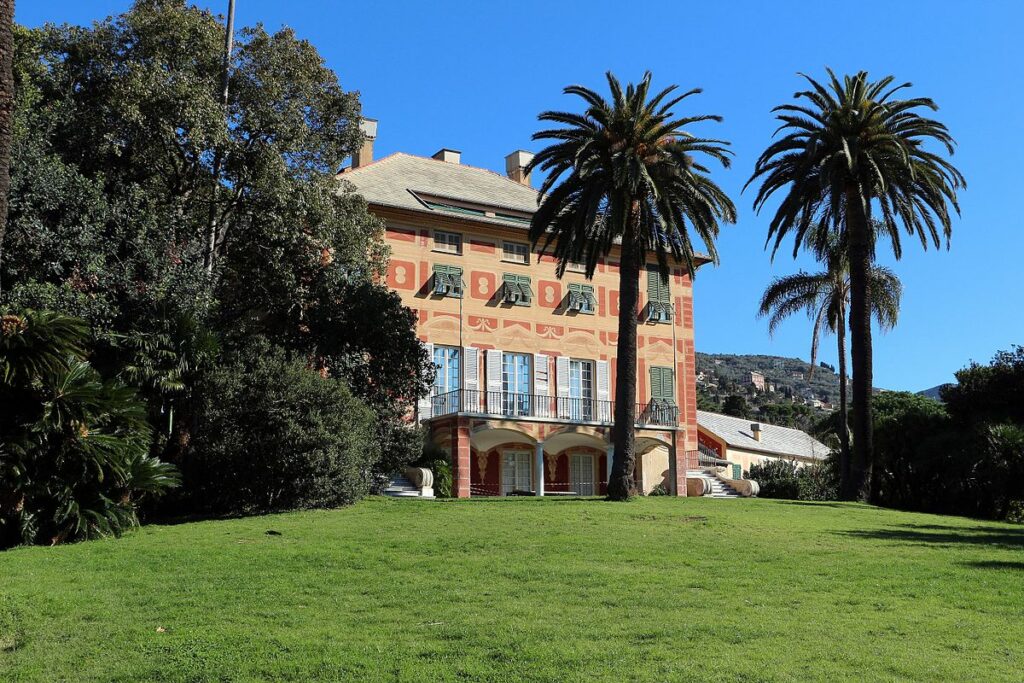
Interpreting the Unknown: Being Adaptive as a Place of Memory
At historical sites, the available historical evidence rarely tells the whole story. Longstanding systems of inequality and injustice have dismissed the experiences of racial and ethnic minorities, women and other marginalized groups to such an extent that often little evidence of their past lives exists today. How can Sites of Conscience and likeminded organizations navigate this difficult fact? How do we tell stories about the spaces and lives that have no verifiable, historical record connected to them?
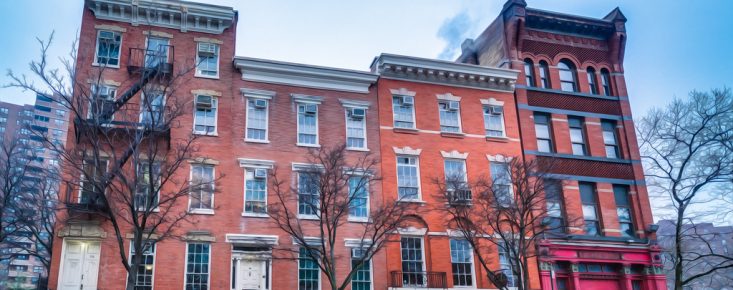
The Legacy of the Settlement House Movement
Around the turn of the 20th century, the American Settlement House Movement arose as an innovative approach to addressing social issues caused by rapid industrialization and unchecked capitalist greed. Join us for an exploration of how the movement and the work continue into the present day. Speakers Nadia Maragha (Jane Addams Hull House Museum, Chicago), Dakota Russell (The House of the Seven Gables Settlement Association, Salem, MA), and Katie Vogel (Henry Street Settlement, New York) will describe how their unique organizations tell the stories of the Settlement movement and carry on its vision for a new century. Kenneth Turino, Past President of The House of the Seven Gables Settlement Association, will moderate.
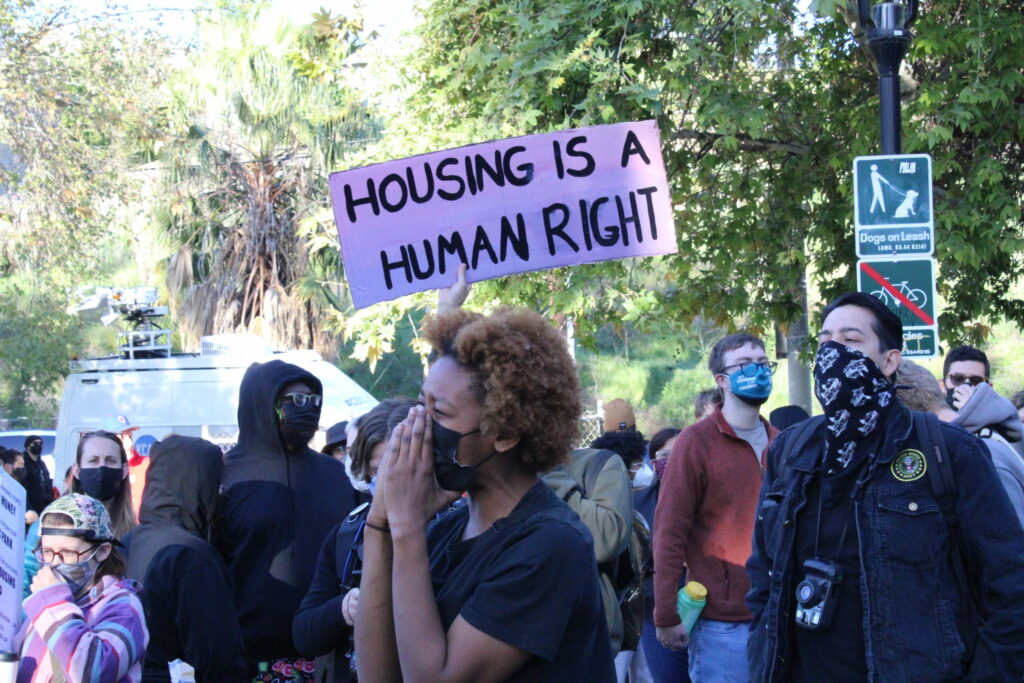
No Place Like Home: Housing as a Human Right
The right to adequate housing, including the ability to live “somewhere that is in keeping with your culture” with “access to appropriate services, schools, and employment,” is enshrined in the Universal Declaration of Human Rights and yet, around the world, cities are becoming progressively unequal, with vulnerable minorities being pushed out through gentrification and spatial segregation. This often has a ripple effect, deepening inequity and limiting socio, cultural and economic diversification in areas with privileged infrastructure.

Organizational Change
Our understanding of history is, in so many ways, a process – one that unfolds overtime as new research unveils new perspectives, communities engage with organizations in new ways and advocacy efforts amplify the silenced voices of the past. As a result, Sites of Conscience and like-minded organizations are in a constant state of growth and change. In this Webinar Short, join Linda Norris, ICSC’s Senior Specialist in Methodology and Practice, as she shares some creative and accessible tips for welcoming change and even initiating it at your organization whether your organization is a new start-up or a long-established one. Hint: start small!
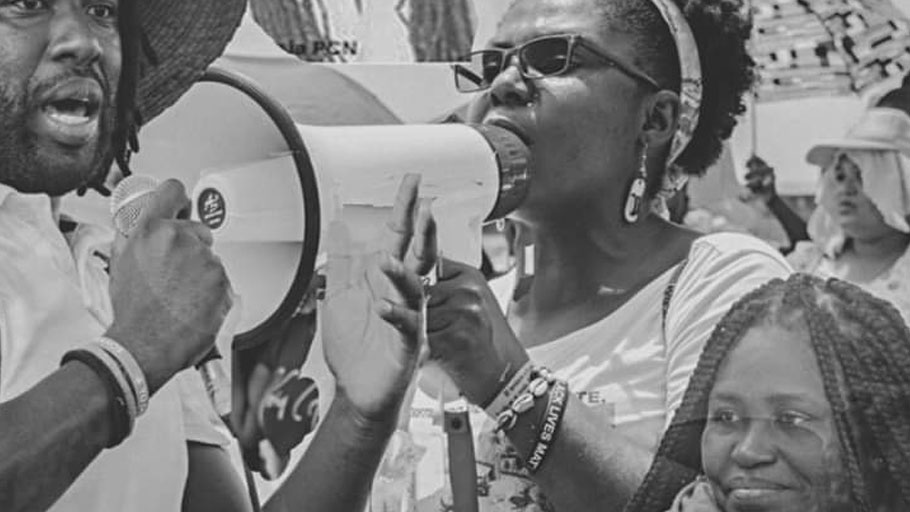
Descendant Communities
In post-conflict settings around the world, family members often play a galvanizing role in advocating for truth and justice for their loved ones lost to war and violence.
In our next webinar, we will shine a spotlight on these dynamic communities – examining the importance of these vital groups and how Sites of Conscience can better engage and work with them today. We will be joined by Elizabeth Chew, of James Madison’s Montpelier, a representative of the Montpelier Descendant Committee, as well as Bill Green from the Clotilda Descendants Association.
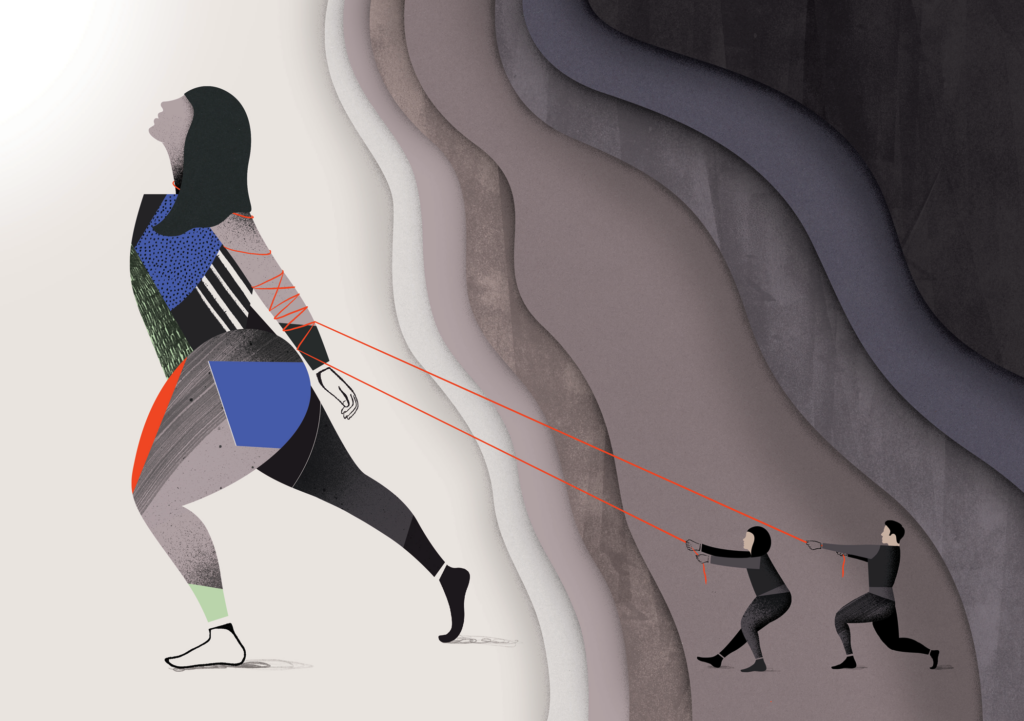
The Body Remembers: Exploring and Healing from Trauma’s Effect on the Body
Conflict traumatizes societies in multiple ways. Most concretely, it damages infrastructure, obliterating houses, schools, and cultural sites. It also destroys the social fabric by poisoning feelings of trust and commonality among community members. An equally common, but often overlooked result of conflict is the devastating and long-lasting effect it has on bodies. In this webinar, we will explore how conflict, and injustice more generally, presents itself in our individual and collective bodies. Panelists will also provide insight into ways to counteract this damage through art-based and somatic healing methods.
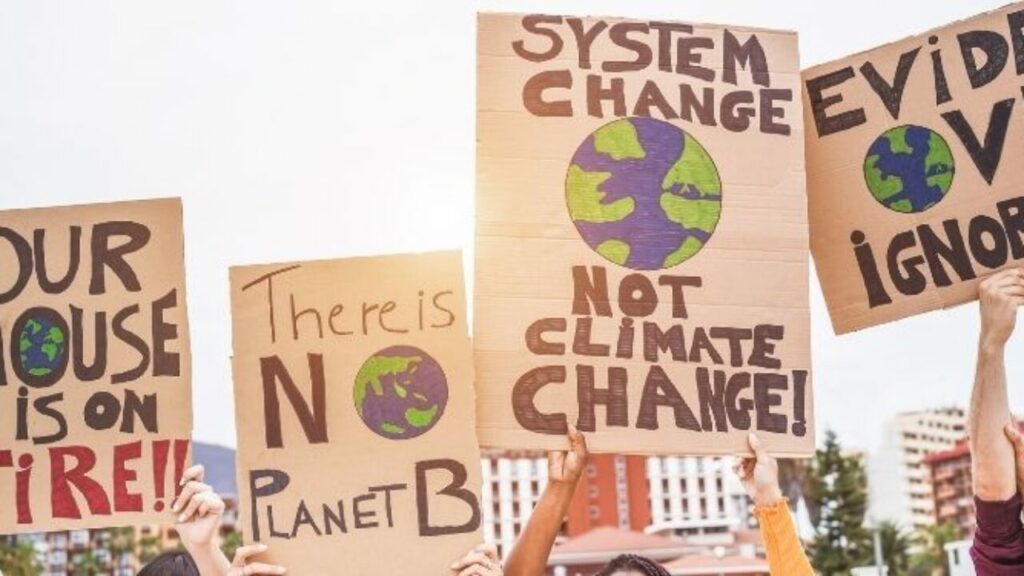
The Human Right to a Healthy Environment
April is Earth Month, to celebrate we are highlighting the great work of our member Villa Grimaldi and their climate justice project “Sites of Conscience and Vulnerated Territories: The Human Right to Live in a Healthy Environment”. Join our Global Networks Associate in Global Programs Elena del Hoyo Corral and Daniel Rebolledo Hernández from Villa Grimaldi as they talk about the project, it’s goals, importance and vision for the future of Chilean climate justice.
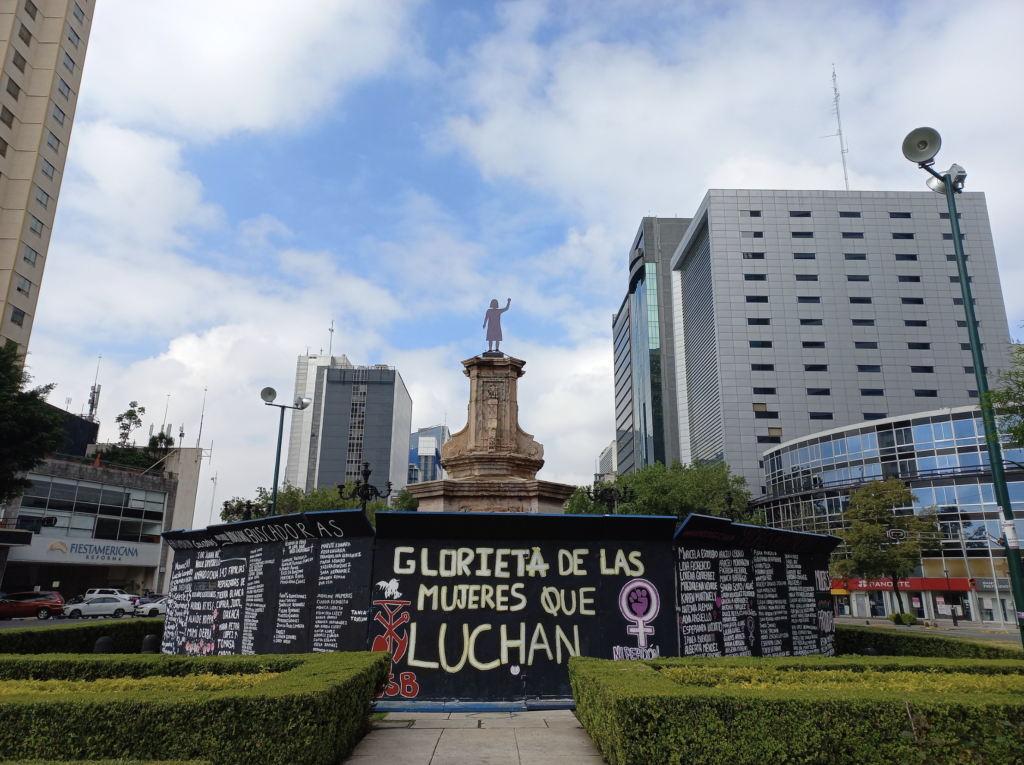
The Movement for Memory in Mexico
Movements for memory can take many forms – from campaigns that advocate for national policies and laws to more spontaneous gatherings of activists that incorporate civil disobedience and other types of non-violent direct action. Our next Conscience Matters webinar will explore the synergies between these strategies through the context of Mexico, where families of the disappeared, memory practitioners, and activists have spent years amplifying the role of public memory and countering harmful government narratives through multiple channels.
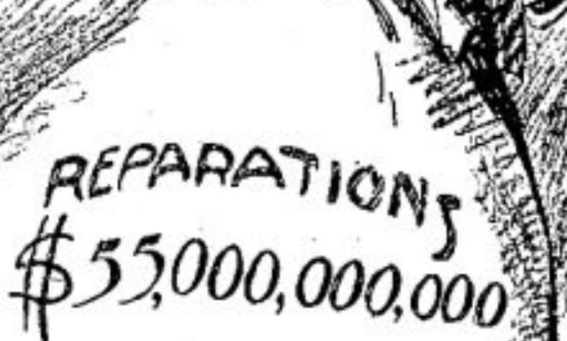
Reparations 101: Who, What, Where, When and Why
March 23, 2023 – 10:00am (EST-NY)
Since the advent of the Black Lives Matter movement, “reparations” are often referred to in the media, but what exactly they are is not always understood. What is their purpose? How might they be dispersed? To whom? And what role do they have in connecting ideas of justice to the legacies of slavery in the United States? In this webinar, Ereshnee Naidu-Silverman, Senior Director of the Global Transitional Justice Initiative at ICSC, explores these questions and more through a global lens.
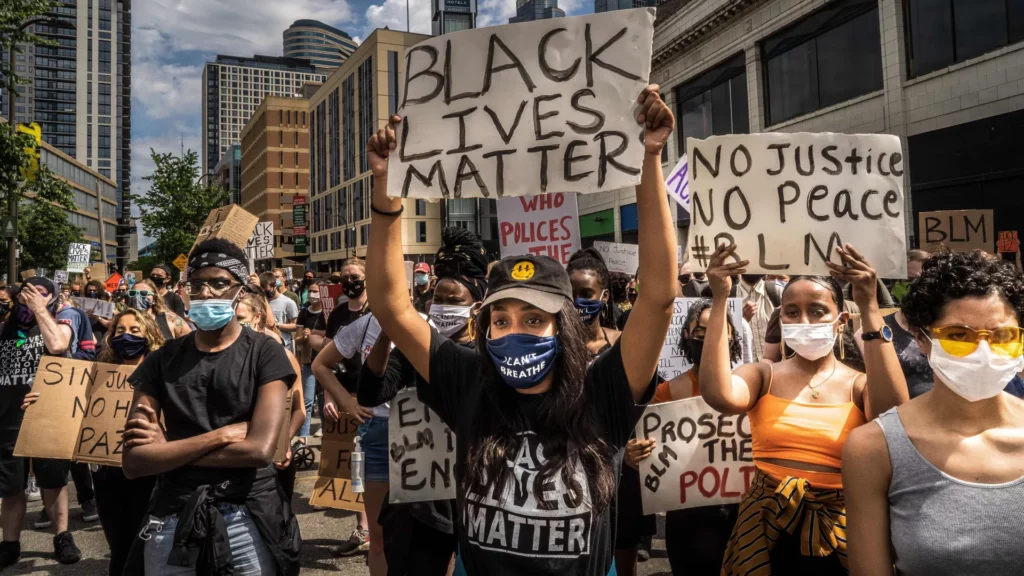
Where Do We Mourn? Establishing Memorial Sites for African Americans Killed by Police Violence
March 16, 2023 – 10:00am (EST-NY)
In this webinar, award-winning activist Jamira Burley moderates a conversation with Sites of Conscience that memorialize sites of violence against African Americans, including the Emmett Till Interpretive Center, the National Civil Rights Museum, and Transform 1012 N. Main Street. Panelists share their strategies programming around the subject of racial violence, and offer their experiences and suggestions for other sites interested in memorializing police violence against African Americans in their communities.
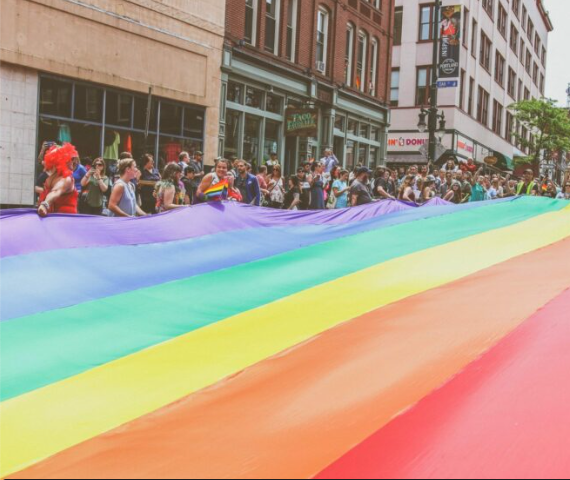
American LGBTQ+ Museum an Interview with Ben Garcia
February 23, 2023 – 10:00am (EST-NY)
The International Coalition of Sites of Conscience (ICSC) welcomes Ben Garcia, the Executive Director of the American LGBTQ+ Museum, to discuss the Museum’s scheduled 2026 opening, its mission and programming, and how you can be involved.

Disarming Americans: Museums Take on Gun Control
February, 16 2023 – 10:00am (EST-NY)
Situated in “red” states and “blue” states, big cities and rural communities, Sites of Conscience and their allies are uniquely positioned to foster constructive dialogue on gun control among a wide subset of people. In this website, we examine how museums and memory sites can memorialize gun violence, deepen our understanding of the history and mythology surroundings guns in America, and spark conversations on gun control that transcend political divides.

Webinar Short: What’s Not Working
January 26, 2023 – 10:00am (EST-NY)
To ring in the new year, Braden Paynter, Director of Methodology, leads a short discussion on the best of what didn’t work in 2022 in order to identify new and more effective strategies moving into 2023.
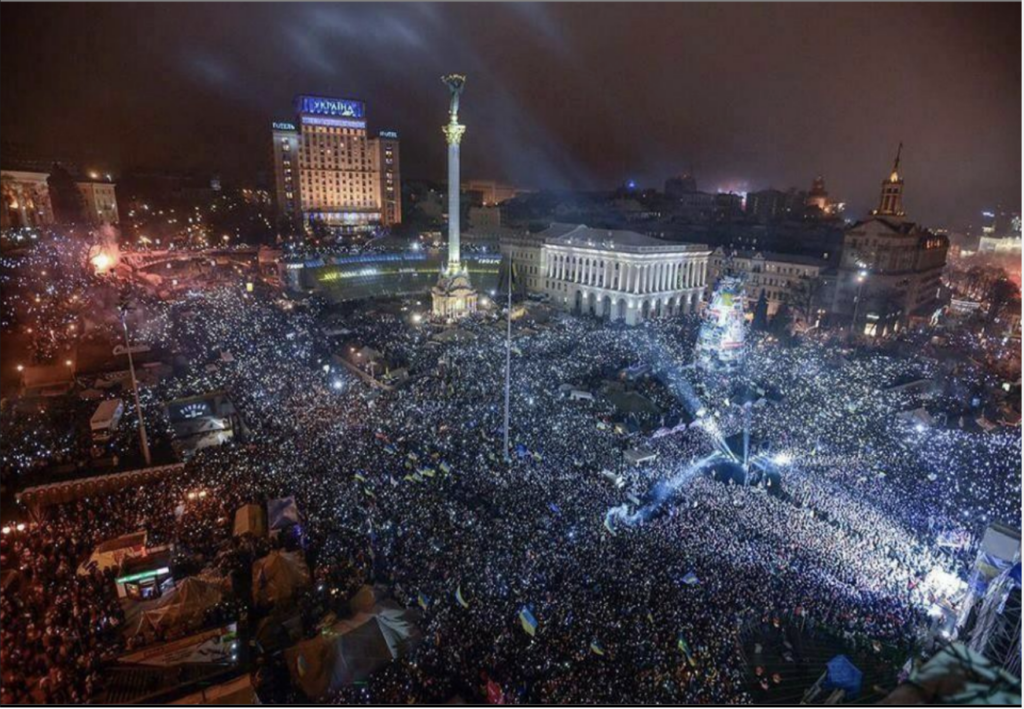
Mobilizing Memory: Defending Cultural Memory During Conflicts
January 19, 2023 – 10:00am (EST-NY)
The first Conscience Matters webinar of 2023 brings together Ihor Poshyvailo from Maidan Museum, a member in Kyiv, and Hadi Marifat, founder of member the Afghanistan Human Rights and Democracy Organization, as they share insights into the ways national memory affects conflict, how cultural practitioners do their work during conflicts, and how the outside world can support them.

